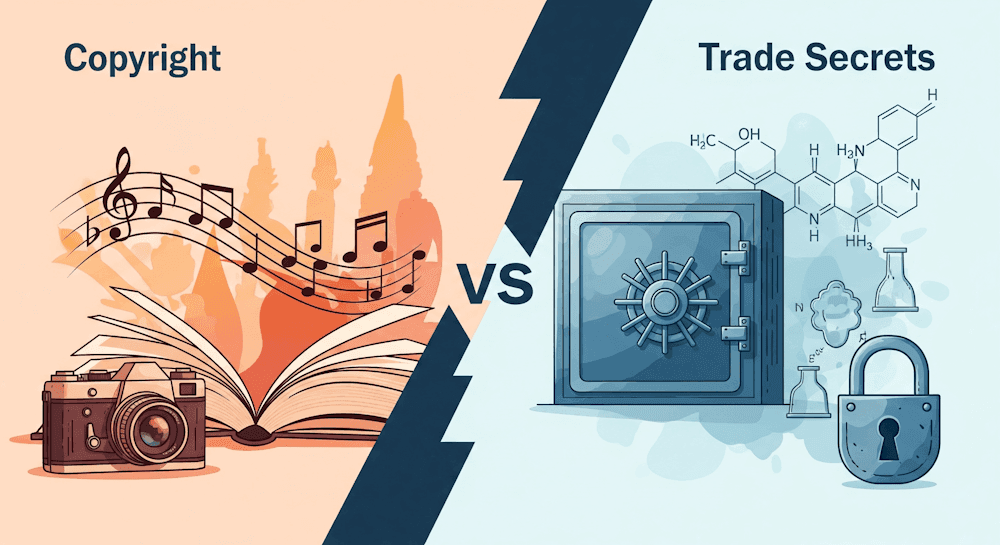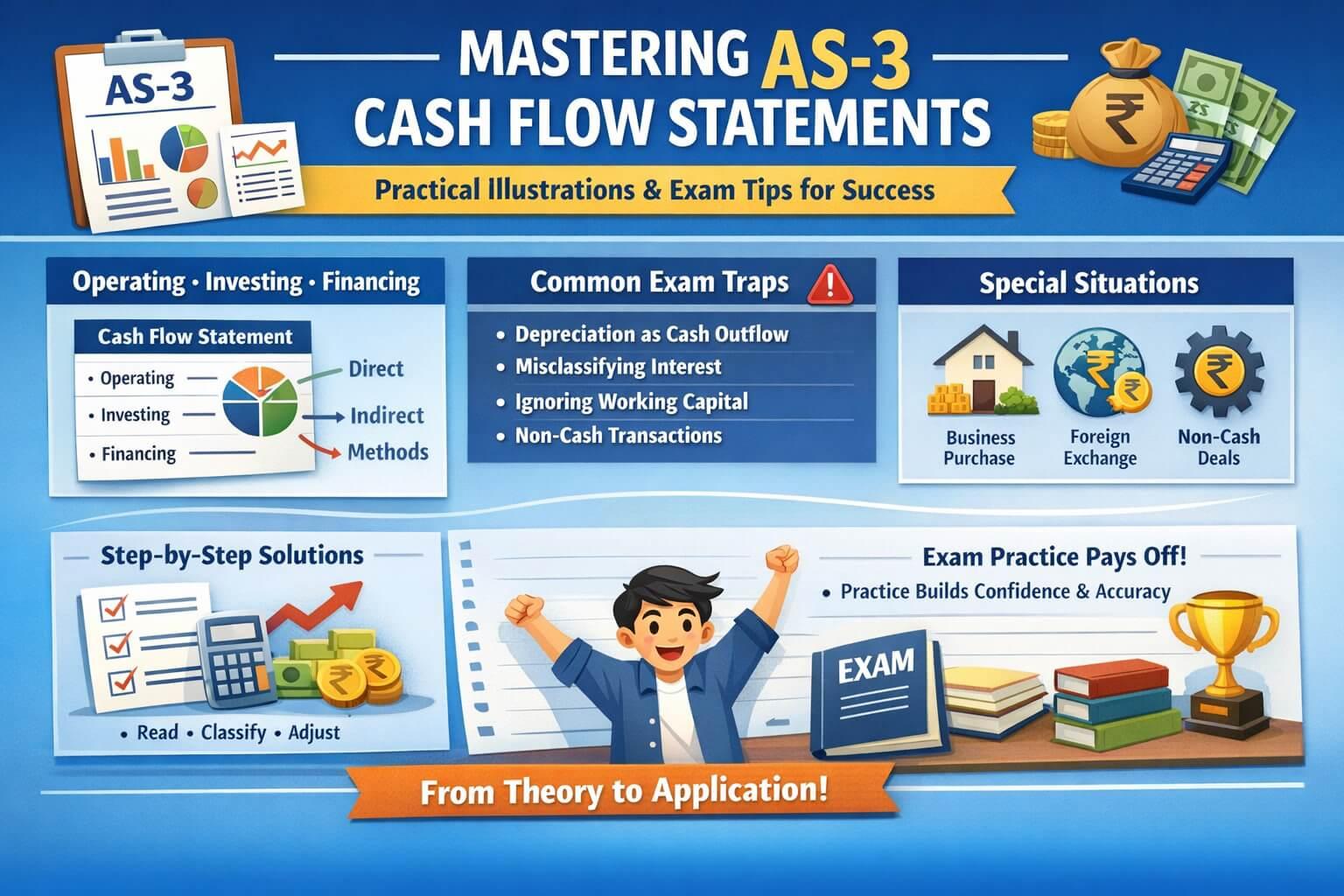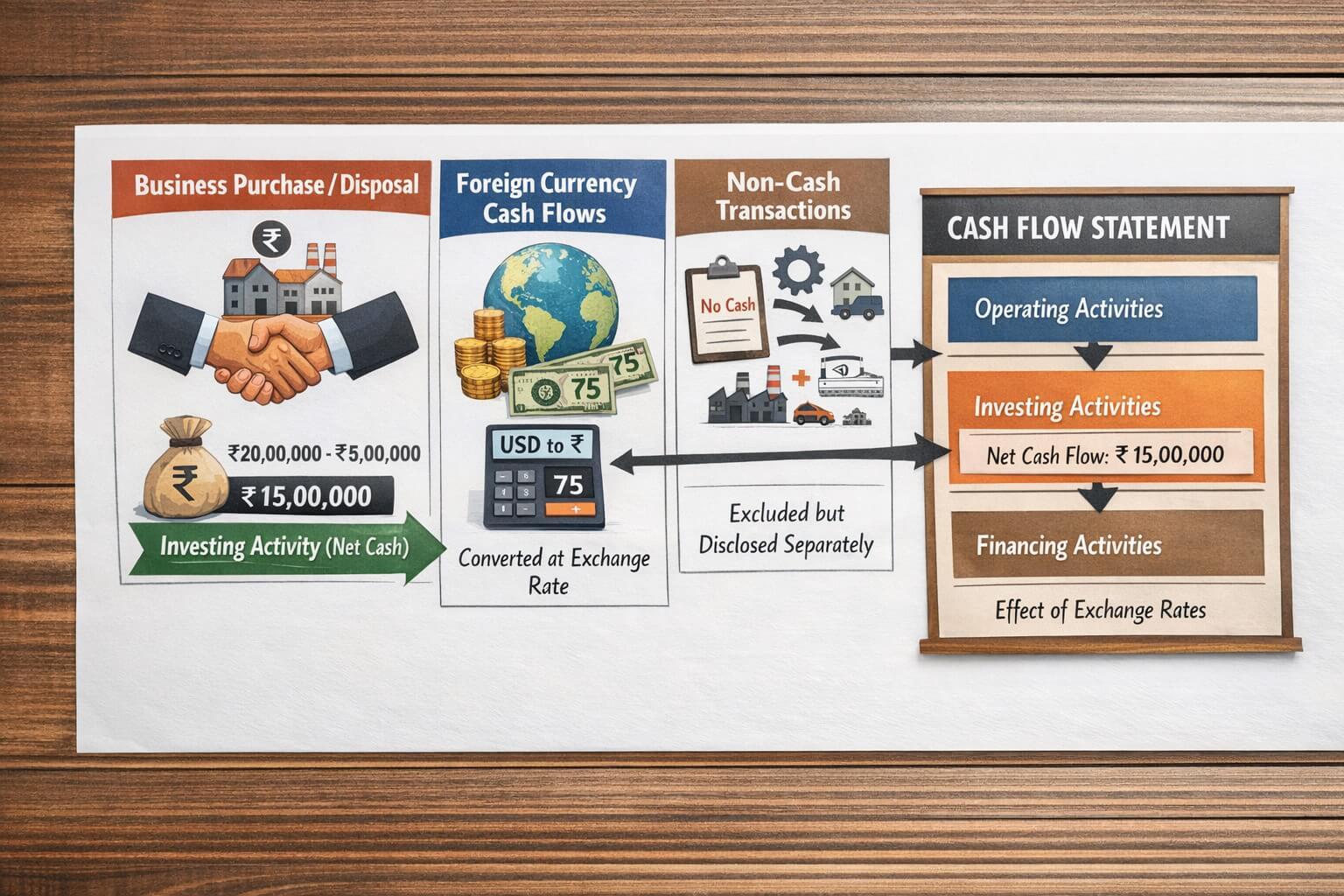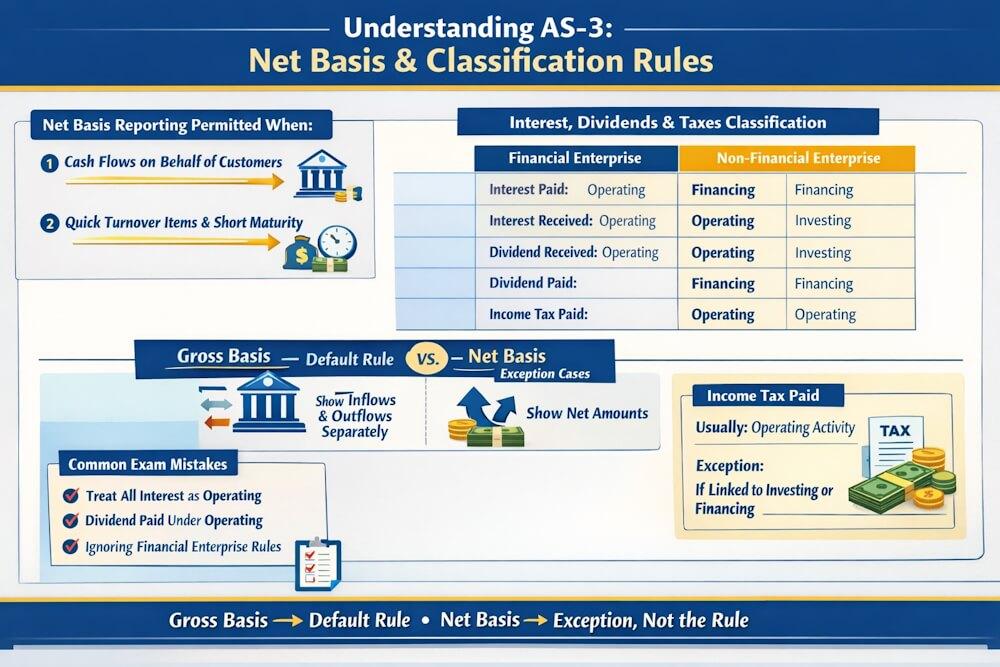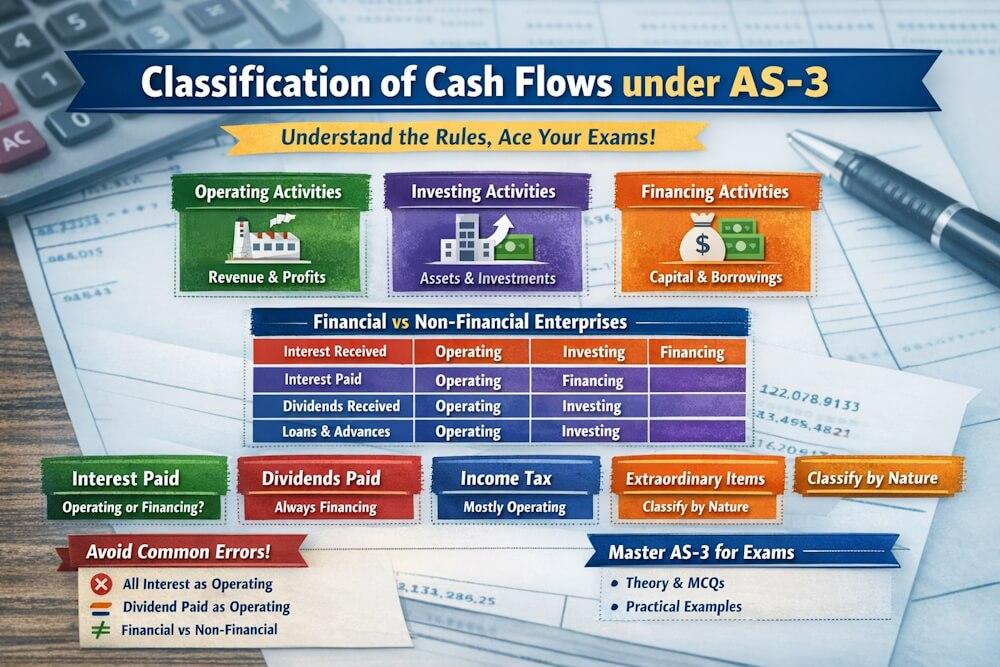Let’s be real—IP stuff is confusing.
Copyright, trademark, patents, trade secrets... it’s like a big messy alphabet soup of legal things nobody really explains in plain language. And the one people confuse the most? Trade secrets and copyright.
They both protect “ideas” right?
Well… sort of.
If you’re working on something original—like a design, a formula, a piece of content, whatever—it’s good to know which protection fits better. Because choosing wrong? Yeah, that could bite you later.
So, What’s Copyright in Simple Words?
Copyright is basically the legal way of saying: “Hey, I made this. You can’t steal it.”
It’s made for creators—writers, musicians, coders, artists, filmmakers, that crowd.
If you write a blog post, draw something, build a game, or even make a jingle—you automatically own the copyright once it’s in a fixed form (typed, saved, painted, whatever). You don’t have to go file paperwork (though you can if you want stronger protection).
Copyright protects:
- Your expression, not the general idea
- Your right to publish, adapt, translate, distribute, etc.
But if someone else gets inspired by your idea and makes something totally different? Totally allowed.
And What’s a Trade Secret Then?
Now this one’s kinda opposite.
A trade secret is something important that you keep locked up—not shared publicly, not posted online, not published in a book.
It could be:
- A secret formula (like Coca-Cola’s)
- A unique process or method
- A client list
- A pricing strategy
- Some sneaky way your software ranks stuff
And as long as you keep it secret and valuable, the law says nobody else can steal or leak it. But here’s the kicker—you have to actually protect it. If you leave it lying around or blab about it, it’s not a trade secret anymore.
Alright, So What’s the Difference?
Let’s break it down in plain human talk.
| Copyright | Trade Secret | |
| What it protects | Creative stuff you express | Business info you want to keep hidden |
| Public or secret? | Usually public (like a book or film) | Totally private (or it’s worthless) |
| How long? | 60 years after your death (in India) | As long as you can keep it a secret |
| How to get it? | Automatic, once you create it | No registration—you just protect it |
| Can you lose it? | Only if you give it away or let others copy freely | Yes, the moment it gets exposed |
Real-Life Example Time
Say you’re a coder.
You write an app that helps students focus by blocking distractions. The code you wrote? Copyrighted. That’s your work.
But the logic behind it—the way your algorithm figures out what to block, how to time things, or even your special “distraction score” formula? That could be a trade secret—if you don’t publish it and keep it private in-house.
So you’ve got copyright for the stuff people see… and trade secret protection for what’s under the hood.
Okay, So When Do I Use Copyright?
Use copyright when:
- You’re writing, designing, composing, coding
- You want your stuff out in the open (blog posts, songs, YouTube videos, etc.)
- You need your work recognized and protected from copying
It’s perfect for creatives.
Just remember: Copyright protects how you said it, not what you said.
So someone else can write a story about space travel. Just not your exact one, with your same words and scenes.
When Is Trade Secret the Better Option?
Use trade secrets when:
- You’re working on a formula or system no one else knows
- You want to keep the advantage to yourself
- You don’t want to risk public exposure
- You're not ready (or don’t want) to file a patent
But here’s the catch—you gotta protect it. Lock it behind NDAs, restrict access, encrypt stuff. If it leaks because of your sloppiness? Game over. No more legal coverage.
Can I Use Both at the Same Time?
Actually yeah, you can.
Tons of companies do this. For example:
- The code for an app is copyrighted
- The business logic or secret sauce behind how it works is a trade secret
Using both gives you a nice combo of protection. Just know that trade secrets are only as strong as your ability to keep them under wraps.
What Happens If Someone Else Figures Out My Trade Secret?
Bad news? If they discover it legally, you can’t stop them.
Say someone reverse-engineers your product or builds the same system from scratch, totally on their own? That’s fair game.
You can only sue if they:
- Hacked your data
- Broke an NDA
- Stole it or got it from someone who wasn’t supposed to share
So yeah, trade secrets don’t stop independent innovation. Just theft or shady tactics.
Quick Recap
- Copyright = protects stuff you create and publish.
- Trade Secret = protects stuff you create and keep private.
- Copyright is good for content, trade secret is good for strategy.
- You don’t have to choose—you can use both in different ways.
- Trade secrets vanish if you spill the beans—so keep it locked down.
Final Thought
If you're building or creating something new, don’t just hope no one copies you. Protect your work.
Use copyright when you're okay with it being out there. Use trade secret when you want to keep it all to yourself.
But whatever you do—know the difference. That alone can save you from a lot of regret (and legal mess) down the road.
- Next up: What Are Geographical Indications (And Why They Matter)
- Missed Blog 6? Check out: Legal Consequences of Breaching Confidentiality
- Start from the beginning: Intro to Intellectual Property Rights
